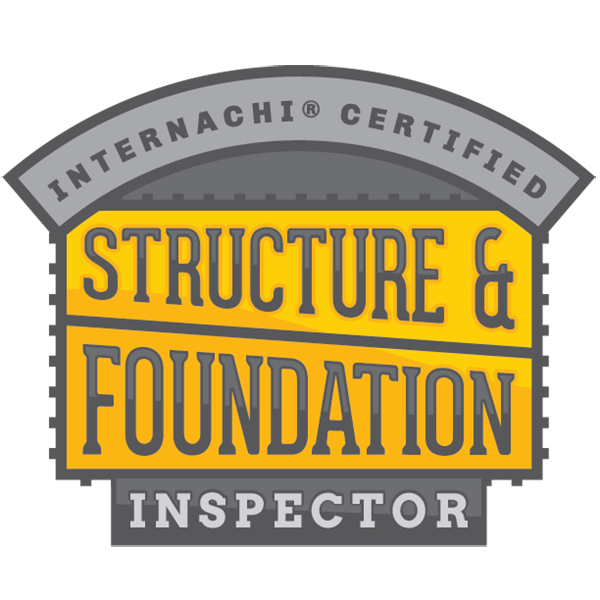What to expect in a home inspection
When you are preparing to have a home inspection done, it’s a good idea to think ahead about what the inspector will be looking at, and what problems they are most likely to find. This will help reduce the shock of seeing your home inspection report and prepare you to talk to the home inspector about concerns you have. It’s also helpful to think about the most common issues found in home inspections, so you know what you may be dealing with for your own home.
As a quick refresher: a home inspection is usually done on behalf of the buyer during the home selling process (although if you are a homeowner, you can always get a home inspection for your own peace of mind and knowledge). The buyer traditionally pays for the inspection to be done and chooses the inspector. The home inspection is done by a professional inspector who offers a neutral, third-party perspective on the condition of the home. This is a non-invasive, visual inspection that covers the accessible areas of the property. The inspector then produces a report that lists potential hazards for the home and repairs that need to be made, from which the buyer and their agent can decide what needs to be negotiated over with the seller.
After years of home inspecting, here are the issues we see most often.
4 Most common issues found in home inspections
1. Gutters
A common issue found in home inspections is either a lack of gutters or gutters that aren’t properly working. The purpose of gutters is to move water and moisture away from the house, as water can cause severe damage, including foundational erosion. Installing splash blocks, downspout extensions, and/or underground drainage components are all ways to help. Take notice next time it rains to see if your gutters carry water and disperse it correctly, or if water is spilling over. Look to see if your gutters are clogged and/or sagging, and keep an eye out for cracks and splits in the gutter, along with a buildup of leaves or other debris. One pro-tip: if your scheduled home inspection is supposed to take place when it’s raining, don't cancel! Most home inspectors, as long as there are no storm warnings or safety concerns, can continue the home inspection in the rain, which is beneficial because they can more accurately observe how the house handles rain and inclement weather. Seeing how the gutters are performing in the rain provides great insight to a home inspector and to you!
2. Roofing
When it comes to the roof, common things an inspector will look at is covering (if trees are hanging over the roof and possible damage that has or may cause), skylights, chimney, and venting. They’ll also look for signs of a wearing roof, such as broken or missing shingles, or other problems like organic growth, which traps moisture and can cause damage. Some home inspectors will climb onto your roof and walk around, but it’s not required or mandatory by industry standards. Some might charge extra for this as well. At Forever Home, we inspect all roofs as long as weather permits and it is safe for our inspectors to do so. We offer roof inspections in our full-service package, and we offer a specialty EMP + Roof-only inspection. We are also happy to consult with clients and refer them to our preferred roofing vendors.
3. Plumbing
Leaky faucets and pipes, sinks or showers that aren’t working, improperly installed water heaters, lack of bathroom ventilation, clogged sewer lines, and loose toilets or sinks are all common plumbing issues. These can be an especially big problem in older houses, where they may also be more expensive to fix. Before the inspection, test all of your sinks and faucets to see if they are working properly and if you notice any leaking or water damage around the wall and floors. If serious problems are found, your home inspector can help refer you to a plumbing professional.
4. HVAC
Heating, ventilation, and air conditioning is a critical part of any home and its comfort. While HVAC systems usually last a long time and are resilient, home inspectors often find problems with dirty filters, insufficient insulation, ductwork problems, and even missing parts, all of which and more contribute to poor ventilation and less energy efficiency (which drive up your bills!). Some of these problems may be minor, but for larger ones, your home inspector can help refer you to an HVAC professional (check out our preferred HVAC and plumbing professionals here). We recommend having your HVAC systems inspected at least once a year for tune-ups and to make sure it is running efficiently. To upkeep your system, you can change your air filters regularly, have your ducts professionally cleaned, and turn your HVAC off for periods of time to rest.






